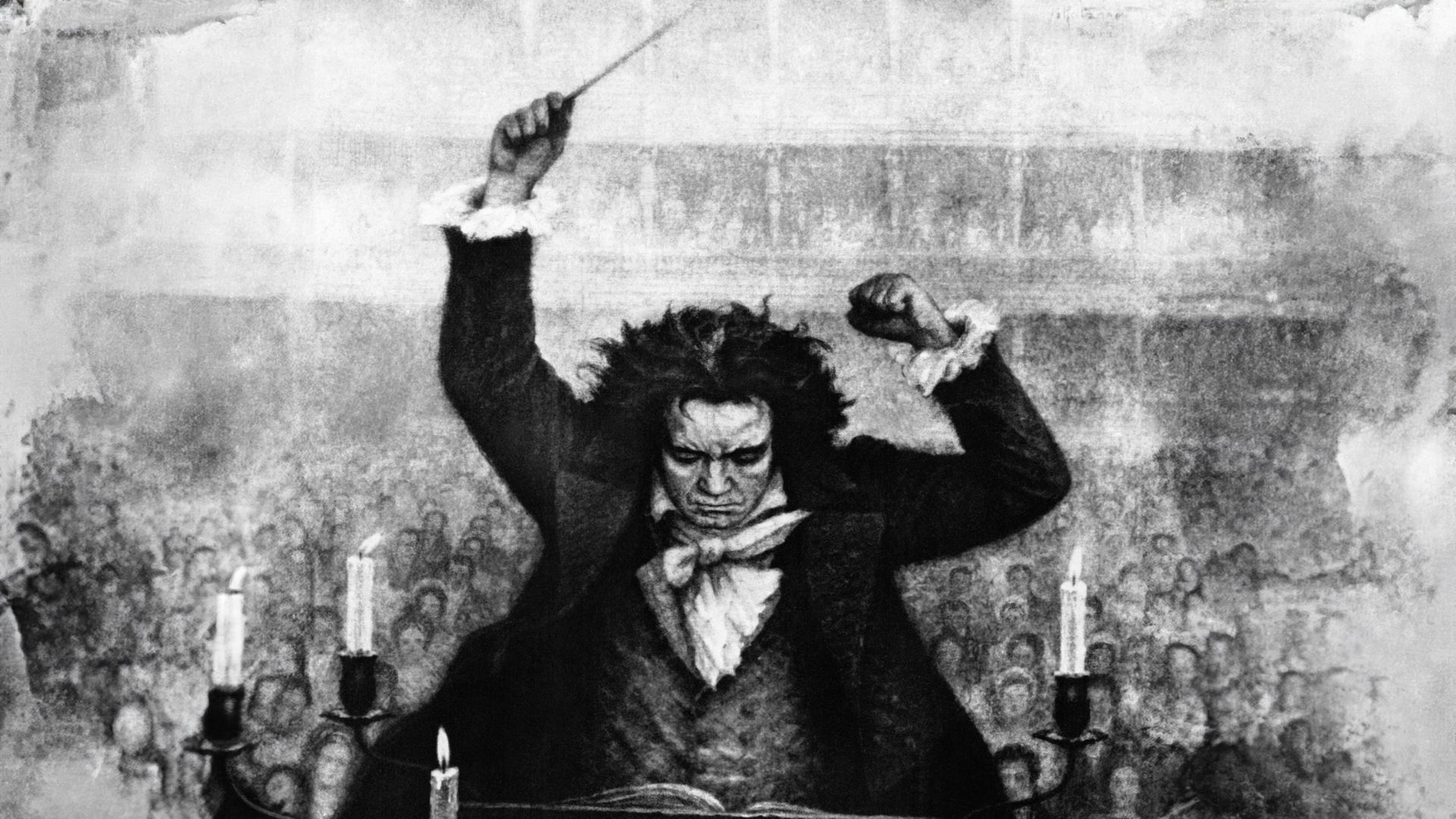Why Music Theory Matters – and 5 Reasons to Think Twice

The Role of Music Theory in Becoming a Great Musician
Music theory is often seen as a fundamental part of learning to play an instrument or compose music. But the question remains: do you need to learn music theory to be a great musician? The answer isn’t straightforward, but it’s clear that while it’s not strictly necessary, it can offer significant benefits.
What Is Music Theory?
At its core, music theory is the study of how music works. It encompasses elements such as notes, scales, melody, harmony, rhythm, and more. Essentially, it serves as the language or framework that underpins all musical compositions. Some musicians dive into theory from the start, while others explore it later or never at all. There’s no one-size-fits-all approach when it comes to learning music theory.
You don’t necessarily need to understand theory to learn an instrument, master it, write songs, or produce music. Many successful musicians have created incredible work without formal training in this area. However, for some, music theory can be a powerful tool that enhances their understanding and creativity.
Pros of Learning Music Theory
-
A Deeper Understanding of Music
Learning music theory gives you a more comprehensive view of what’s happening in a piece of music. It helps you recognize patterns, identify scales, and understand the structure of chords. For example, you might be able to tell if a song is in a major or minor key, or even detect the use of specific modes like mixolydian or harmonic minor. This knowledge can make it easier to replicate or create music that sounds professional. -
Unlocking New Possibilities
Theory can open up new styles and techniques. For instance, knowing how to harmonize a major scale in sevenths can help you create richer chord progressions. Even small changes, like using a different scale, can drastically alter the feel of a solo. A classic example is the harmonic minor scale used in “Sweet Child O’ Mine,” which adds a unique flavor to the guitar solo. -
Expanding Your Musical Skills
If you already know some chord sequences or riffs, theory can help you enhance them. Adding a major 9th chord instead of a basic major chord can add depth to your playing. Similarly, knowing which notes will complement a chord can improve your improvisation skills. -
Better Communication with Other Musicians
Music theory acts as a common language between musicians. Instead of describing a chord as “that one with the extra finger on the fourth fret,” you can say “Eadd9.” This makes collaboration smoother and reduces confusion during jam sessions or studio recordings. -
Enhancing Songwriting and Production
While not essential, music theory can be a valuable asset in songwriting and producing. It helps you come up with chord progressions, melodies, and harmonies more efficiently. It also aids in arranging and layering instruments, ensuring that the different parts of a song work well together. -
Inspiration from Notable Musicians
Many famous musicians are known for their deep understanding of music theory. Artists like Queen, Björk, Steve Vai, and Herbie Hancock have used theory to push the boundaries of their music. However, it’s also worth noting that many successful musicians, such as Paul McCartney and Taylor Swift, have achieved greatness without formal training in theory.
Cons of Learning Music Theory
-
Potential Restrictions
Some musicians feel that theory can limit their creativity by imposing rules they may not want to follow. While there are guidelines, they aren’t set in stone. Ultimately, the choice to adhere to or break these rules is up to the individual. -
Can Be Confusing
Music theory involves a lot of technical terms and concepts, which can be overwhelming for beginners. Words like “diminished,” “augmented,” or “dominant” might seem daunting at first. However, it’s important to remember that you don’t need to learn everything at once. -
Not Everyone Benefits from It
People learn music in different ways. Some prefer to learn by ear, through tablature, or by watching videos. For these individuals, music theory might not be the most effective method of learning. It’s not a one-size-fits-all solution. -
It Can Take the Fun Out of Playing
If you’re playing music for fun, diving into theory might feel like a chore. Learning to read music, memorize scales, or understand complex terminology might not align with your goals. However, for those who enjoy the intellectual challenge, it can be rewarding. -
Successful Musicians Without Theory
Many legendary artists, including Paul McCartney, Aretha Franklin, and Slash, have achieved success without a strong background in music theory. This shows that while theory can be helpful, it’s not a requirement for becoming a great musician.
Conclusion
Whether or not to learn music theory depends on your personal goals, learning style, and creative preferences. It can be a powerful tool for enhancing your musical abilities, but it’s not the only path to success. Ultimately, the most important thing is to enjoy the process of making music and find the methods that work best for you.
Post a Comment for "Why Music Theory Matters – and 5 Reasons to Think Twice"
Post a Comment